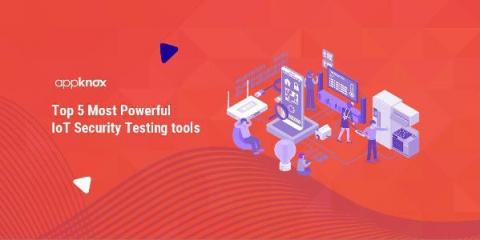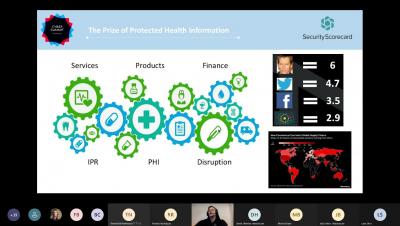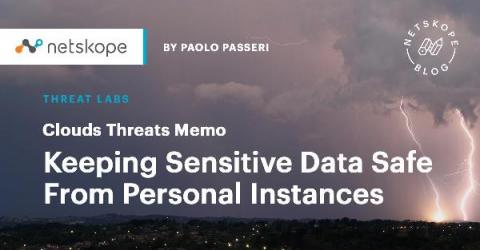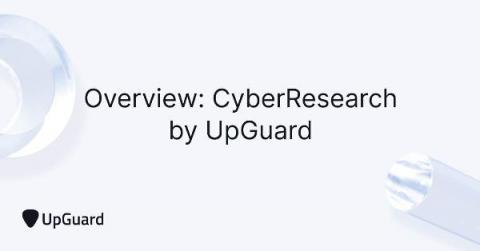Security | Threat Detection | Cyberattacks | DevSecOps | Compliance
%term
Top 5 Most Powerful IoT Security Testing Tools
The network of interconnecting devices to exchange data popularly known as the Internet of Things is evolving rapidly in the fast-paced industry of technology. However, advancement in IoT has also taken a toll on security. IoT Systems strive to enhance productivity, efficiency, and flexibility but also invite uncalled risks to the network. IoT Security stands as the need of the hour for secure and holistic development.
Third-Party Risk Management in Healthcare
Hangin' with Haig: Conversations Beyond the Keyboard with Guest Simon Jones of Helping Rhinos
Cloud Threats Memo: Keeping Sensitive Data Safe From Personal Instances
Cloud-native threats have multiple implications. We are used to seeing legitimate cloud applications exploited within sophisticated kill chains, and we forget the basics: such as the risks posed by Shadow IT, like when personal email accounts are used to improperly handle corporate data. This is a very real risk right now, when users are working almost completely from home and the line between the professional and personal use of work devices is blurred.
Overview: CyberResearch by UpGuard
UpGuard has launched an exciting new product called CyberResearch. This post summarizes the solution and its key features. CyberResearch is a suite of fully managed services, encompassing third-party risk and data leak detection. This world-first innovation is designed to further reduce the risk of data breaches while making it easier than ever before to scale your cybersecurity efforts.
Integrating With ServiceNow for a Single Source Of Truth
Network operations teams rely on highly specialized tools developed by individual vendors designed to address particular problems. The result? Most enterprises have 10+ Network Operations applications in place and they don’t talk to each other—which means that network operations engineers spend an exhaustive and unnecessary amount of time toggling between applications and sifting through information as they work to resolve tickets.
When legit apps turn malicious. (It happens more often than you think.)
A popular Android app Barcode Scanner was recently found to be infected with adware. After an update in late 2020, it started pushing advertising to users without warning. The QR code scanning app has been on the Google Play Store for years with over 10 million downloads and a high rating from users. So what happened? This actually happens pretty often.
Ransomware on the Rise: How to Keep You & Your Company Safe
Due in large part to COVID-19 and the increased prevalence of remote work, ransomware attacks dominated 2020, and experts predict there will be at least twice as many cases of data theft in the new year. The U.S.











